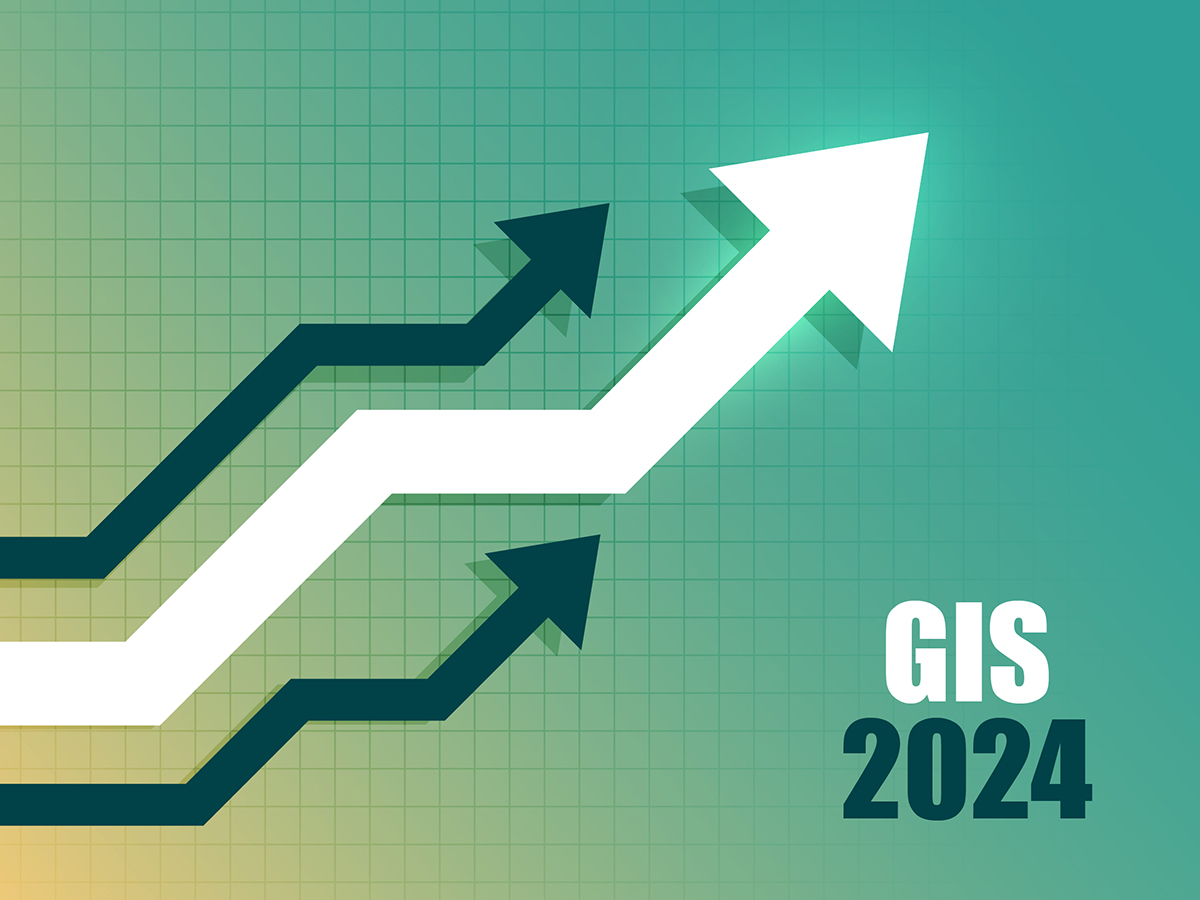7 Reasons Why GIS is Your Competitive Edge in 2024
 0 min
0 minAs we wrap up 2023 and look ahead to the opportunities and challenges of 2024, it's time for businesses to consider embracing a powerful tool that is already transforming industries across the globe: Geographic Information Systems (GIS). In this article, we explore 7 reasons you need to make GIS a central part of your business strategy for the upcoming year.

1. Spatial Data Consumption
The world is producing more spatial data than ever before. In 2024, we are sure to witness a massive increase in geospatial data sources, including satellite imagery, IoT devices, and geotagged social media content. To stay competitive, it’s essential to harness this wealth of data through GIS and use it for your business.
2. Enhanced Decision-Making
Organizations that adopt GIS and location intelligence experience significant improvements in decision-making. Location-based insights allow businesses to assess market potential, identify optimal locations for expansion, and make strategic choices that lead to growth and profitability.
3. Geospatial Analytics Drive Efficiency
In 2024, efficiency will be more important than ever. Real-time geospatial analytics can reduce costs and improve resource allocation. For instance, delivery companies can optimize routes, track assets, and streamline operations using GIS.
4. Customer-Centric Approach
In the modern marketplace, personalization is key. Location intelligence empowers businesses to tailor their offerings and marketing strategies to individual customer preferences. Retailers, for example, use GIS to understand consumer behavior and deliver personalized promotions, improving customer loyalty and satisfaction.
5. Resilience and Risk Mitigation
With the increasing prevalence of climate-related disasters, businesses need to be ready for the unexpected. GIS helps organizations map vulnerabilities, model risk scenarios, and develop mitigation strategies.
6. Expanding Markets and Globalization
As businesses look beyond their local markets and expand globally, it’s crucial to understand the complexities of international markets. GIS provides valuable insights into global markets, including cultural preferences, economic factors, and logistics challenges.
7. Environmental Responsibility
The world is increasingly focused on sustainability, and GIS is a powerful aid in environmental responsibility. Businesses can reduce their carbon footprint by optimizing transportation routes and minimizing waste. Companies that prioritize environmental responsibility attract eco-conscious consumers and enhance their corporate image.
Businesses integrating GIS into their strategies are better equipped to adapt and thrive in an ever-changing landscape. From efficiency gains to personalized customer experiences and sustainability efforts, GIS is essential for business success in the coming year and beyond.
Quarticle is here to help you start and support you on the journey to adopting GIS and location intelligence according to your business needs. Reach out at [email protected] and let’s build a strategy for the upcoming year.